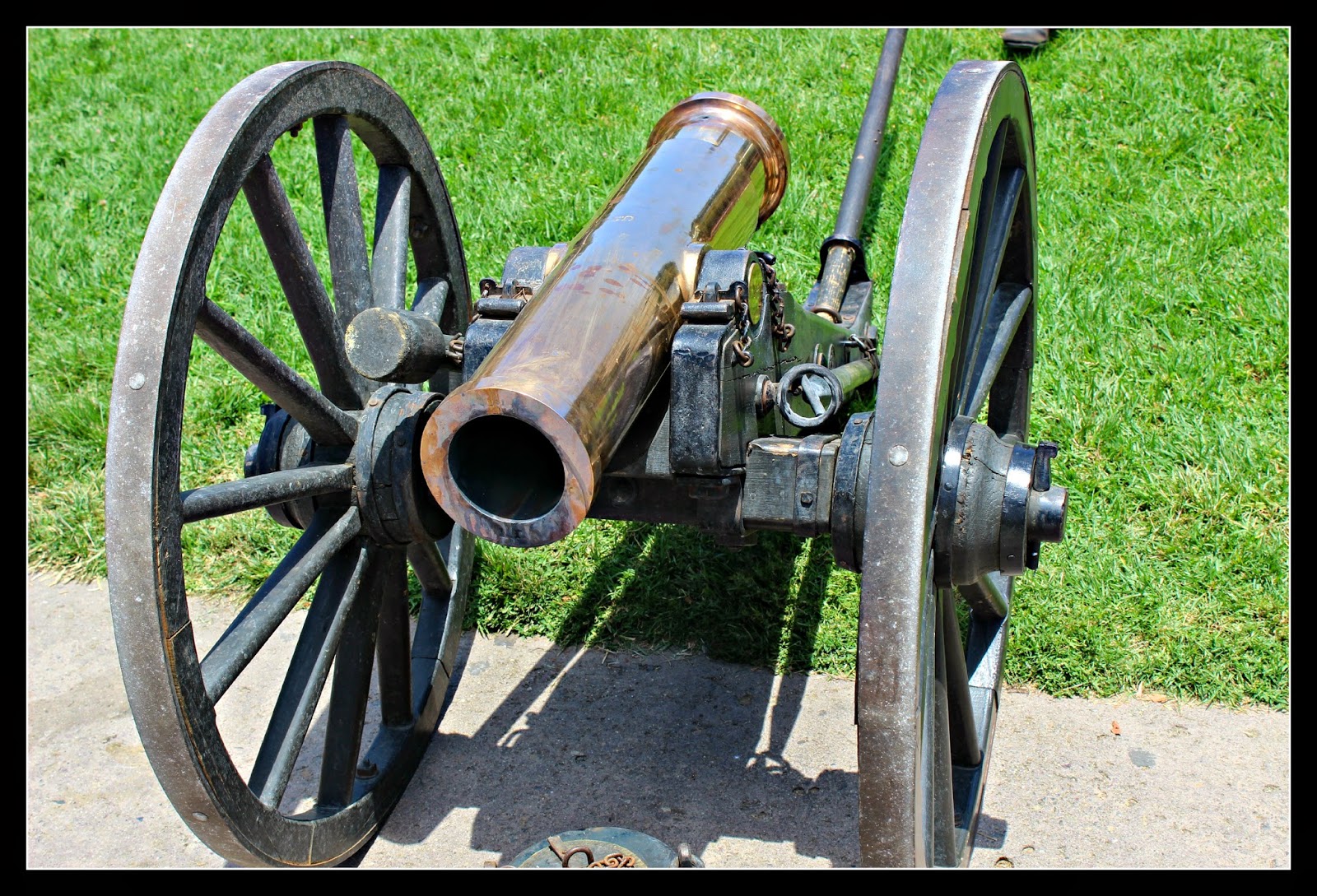Most of us want to feel fulfilled in our personal
and work lives while contributing to society. Whether one is trying to retain
people in the workplace or in the military keeping the best and brightest
engaged is important for organizational success. Proyer, et. al. (2012)
examined Swiss Career Officers work and life satisfaction along with their
orientation to happiness, and its relation to career success. The results can
be applied to both civilian and military organizations.
Most of us want to feel as though we have a solid
purpose for making our way into the office every day. It is difficult to stay
motivated or feel satisfied if work is something more akin to money alone
versus the greater benefits it can provide. Thinking beyond one’s tasks to
something more important can make a significant difference in how we feel about
our jobs.
The same concept applies to both military officers
and civilian workers. Most people don’t join the military for pay alone but may
consider a military career for other concepts such as greater good, national
security, or “making the world a better place”. Each may find their own
motivations but it is the connection to something bigger that makes the
difference in our minds.
Those who experience more creative flow at work also
report greater work satisfaction, positive moods, and innovation (Csikszentmihalyi, 1990). People who feel good about their jobs, lose
conception of time in their work functions, and contribute to a greater good
seem to be more innovative and happy. This creative flow helps in retention of
bright minds but also in the overall productive development of the
organization.
The study helped bring forward the idea that those who
identify with what they are doing, have high autonomy to be creative, and have
high interest in their functions also seem to be happier and engaged in life.
An engaged life seems to encourage life satisfaction while finding meaning with
work tasks improves upon work satisfaction.
Military retention is important for bright officers
and capitalizing on their training, strength and skills. The same concept
applies to civilian workplaces where knowledge, skills and abilities should be
retained in order to avoid loss of future capabilities. Helping officers and
employees find a connection to the greater meaning of their work and use a
variety of skills with their work tasks not only helps the organization grow
but also helps the officers and employees feel satisfied.
Csikszentmihalyi, M. (1990). Flow: The psychology of optimal experience.
New York: HarperCollins.
Proyer, R. et. al. (2012). Assessing the “good life”
in military context: how does life and work-satisfaction relate to orientations
to happiness and career-success among Swiss professional officers? Social Indicators Research, 106 (3).

No comments:
Post a Comment